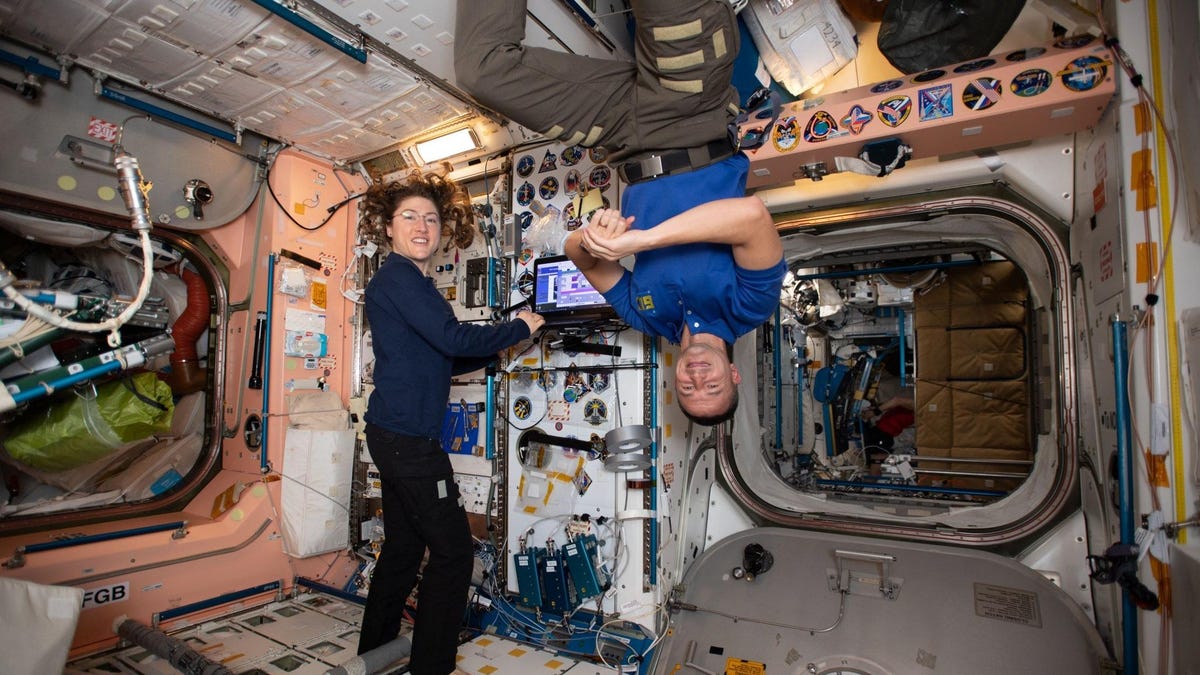The Impact of Mutated Bacteria on the International Space Station
The International Space Station (ISS) serves as a research hub and living space for astronauts exploring low Earth orbit. However, beyond its scientific mission, the ISS has become a breeding ground for mutated bacteria that thrive under the challenging conditions of space.
Mutated Bacterial Strains in Space
A recent study published on PubMed sheds light on the genetic and functional evolution of bacterial strains aboard the ISS. These mutated bacteria have developed resistance to traditional treatments and have adapted to flourish in the microgravity environment. Scientists warn that these bacteria pose a unique risk due to their ability to persist and multiply in space.
Over the past two decades, the ISS has hosted nearly 300 astronauts, each unintentionally bringing their own microbial flora to the station. This interchange of microbes has resulted in a diverse and unique microbial population that thrives in the isolated environment of space.
Understanding Enterobacter bugandensis
Researchers focused on Enterobacter bugandensis, a bacteria commonly found in the human gastrointestinal tract. Isolating 13 strains of E. bugandensis from the ISS, scientists observed the bacteria’s ability to adapt and survive in space. This particular species is known for its high adaptability and association with severe clinical infections, such as neonatal sepsis.
Under the stress of space conditions, E. bugandensis has shown increased resistance to antimicrobial treatments. Furthermore, interactions with other microorganisms on the ISS suggest that this bacteria may play a role in supporting the survival of other species in space.
Implications for Astronaut Health
While the direct impact of mutated bacteria on astronaut health is still unclear, researchers urge the implementation of preventive measures to mitigate potential risks. Additionally, there is concern about the transfer of these drug-resistant microbes back to Earth and the impact they may have on human health.
This discovery highlights the importance of understanding the emergence of bacteria in space, a phenomenon that may not occur under Earth’s conditions. As we continue to explore and inhabit space, monitoring and managing microbial populations on spacecraft will be essential to safeguarding the health of astronauts and preventing the spread of resilient pathogens.
Image/Photo credit: source url





